AI Agents in the Workplace: The Revolutionary Technology Transforming Business Operations in 2025
Trending Now: September 2025
AI Agents in the Workplace: The Revolutionary Technology Transforming Business Operations in 2025
The workplace revolution is here, and it's powered by AI agents. As we progress through 2025, artificial intelligence has evolved from simple chatbots and content generators to sophisticated autonomous systems that think, plan, and execute complex business tasks. These AI agents are not just tools—they're digital colleagues reshaping how organizations operate, make decisions, and achieve unprecedented levels of productivity.
According to McKinsey's latest research, artificial intelligence has the potential to deliver $4.4 trillion in added productivity growth from corporate use cases. However, while 92% of companies plan to increase their AI investments over the next three years, only 1% of leaders consider their organizations "mature" in AI deployment. This gap represents both a challenge and an enormous opportunity for forward-thinking businesses.
Key Insight
Unlike traditional AI tools that simply assist with content creation, AI agents are autonomous systems capable of reasoning, planning, and executing complex workflows across multiple business functions.
Understanding AI Agents: Beyond Traditional Artificial Intelligence
AI agents represent a fundamental shift in artificial intelligence capabilities. While generative AI tools like ChatGPT excel at creating content and answering questions, AI agents go several steps further by autonomously planning actions, making decisions, and executing complex multi-step processes.
These sophisticated systems combine advanced reasoning capabilities with the ability to interact with various software applications, databases, and business systems. They can understand context, set goals, create action plans, and adapt their approach based on real-time feedback and changing circumstances.
Core Capabilities of AI Agents
- Autonomous decision-making and planning
- Multi-step workflow execution
- Real-time adaptation and learning
- Integration with business systems
- Contextual understanding and reasoning
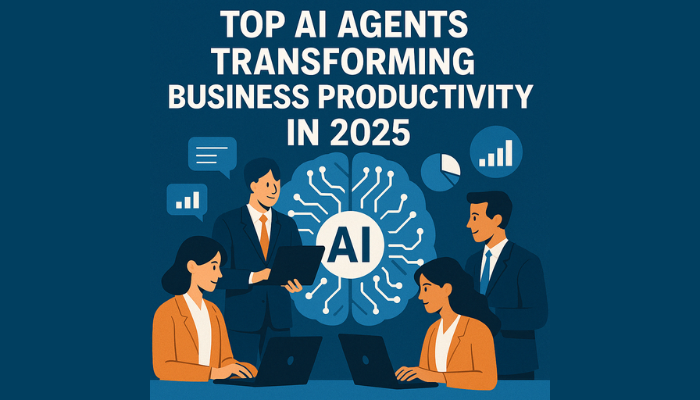
The Evolution from Tools to Agents
The transition from AI tools to AI agents marks a paradigm shift comparable to the evolution from calculators to computers. Where traditional AI tools require constant human input and guidance, AI agents operate with increasing independence, making them invaluable for handling complex, repetitive, or time-sensitive business processes.
2025 AI Agent Trends: What's Driving Workplace Transformation
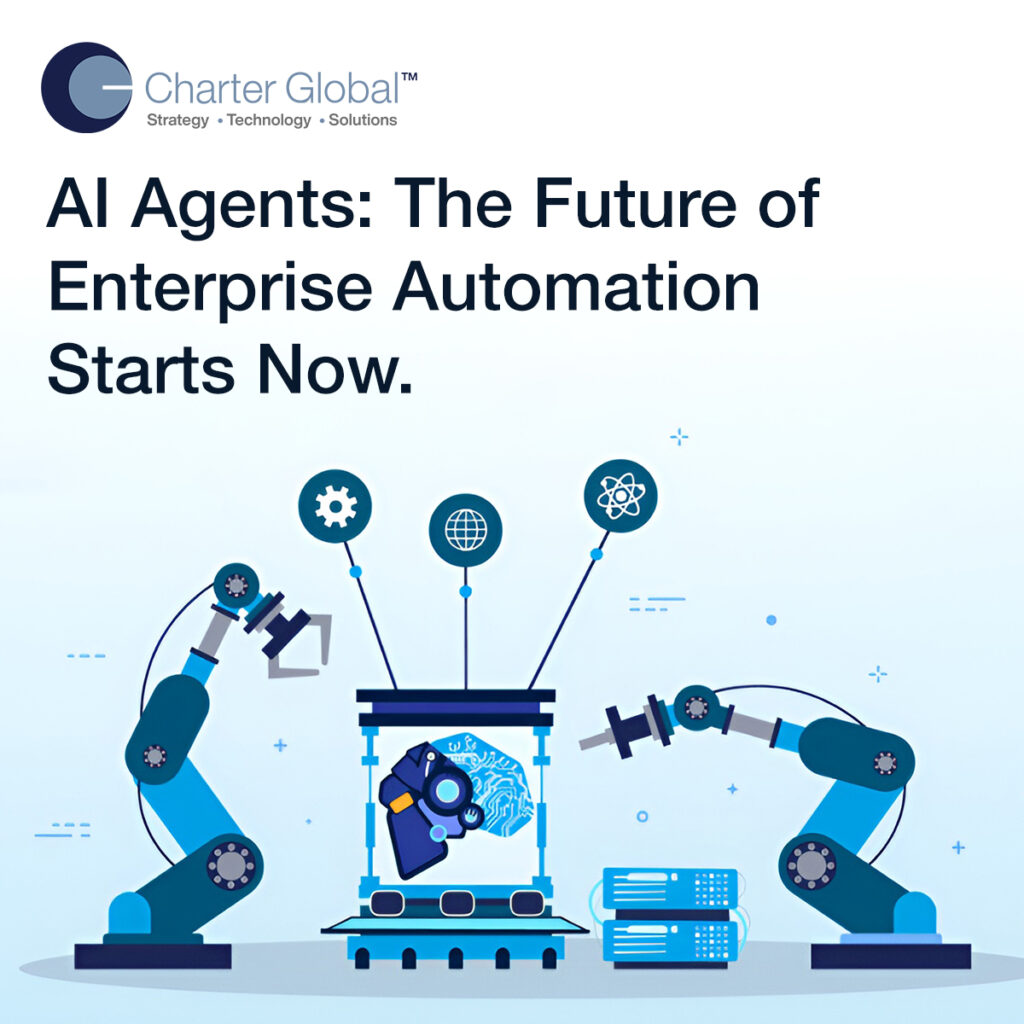
The Acceleration of Agentic AI
According to Gartner's 2025 Hype Cycle for Artificial Intelligence, AI agents and AI-ready data are the two fastest advancing technologies in the AI space. This acceleration is driven by several key factors that are making AI agents more practical and valuable for businesses across industries.
Enhanced Intelligence & Reasoning
Modern AI models have evolved from basic pattern recognition to sophisticated reasoning capabilities. OpenAI's o1 and Google's Gemini 2.0 Flash can now perform multi-step analysis, making them capable of handling complex business logic.
- • Advanced problem-solving capabilities
- • Step-by-step planning and execution
- • Context-aware decision making
Multimodal Integration
AI agents can now process and understand text, audio, images, and video simultaneously, enabling more natural and comprehensive interactions with business data and processes.
- • Cross-platform data processing
- • Rich media understanding
- • Seamless workflow integration
Hardware Innovation
Specialized AI chips and improved computational power enable real-time processing and deployment of sophisticated AI agents at enterprise scale.
- • Faster processing capabilities
- • Reduced latency in responses
- • Cost-effective scaling
Increased Transparency
Improvements in AI explainability and transparency are making enterprises more confident in deploying AI agents for critical business processes.
- • Better decision traceability
- • Compliance and audit capabilities
- • Risk mitigation features
Transformative Business Applications of AI Agents
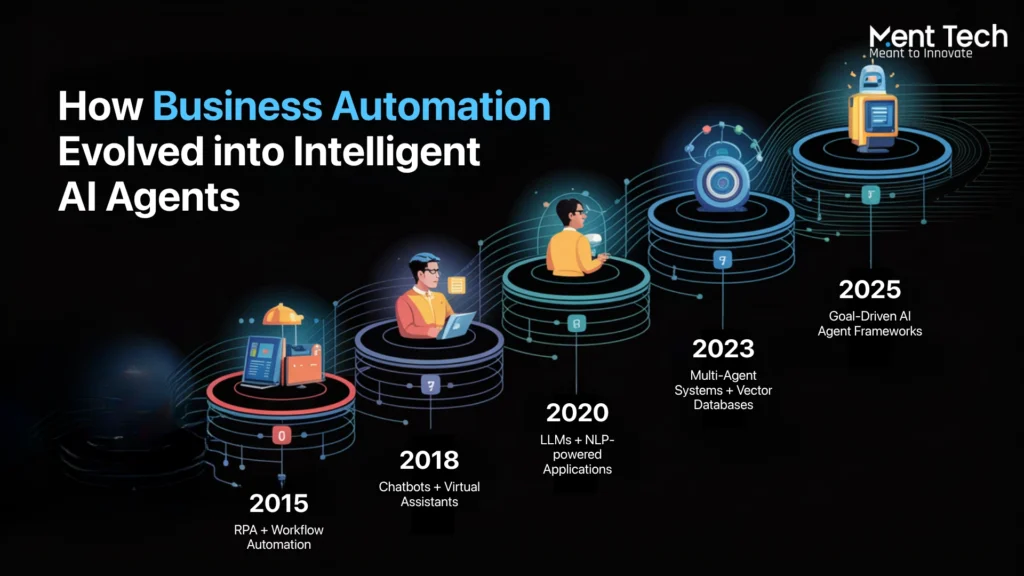
AI agents are revolutionizing business operations across multiple departments and industries. From customer service to financial analysis, these autonomous systems are taking over complex tasks that previously required significant human intervention, allowing organizations to operate more efficiently while freeing up human talent for strategic initiatives.
Customer Service & Support
Modern AI agents in customer service go far beyond simple chatbots. They can understand complex customer inquiries, access multiple systems simultaneously, process payments, check for fraud, and complete shipping actions—all while maintaining natural, empathetic communication.
Real-World Impact:
Companies using advanced AI customer service agents report 40-60% reduction in response times and 35% improvement in customer satisfaction scores, while handling 80% more inquiries with the same support team size.
- 24/7 multilingual support
- Complex issue resolution
- Integrated system actions
- Proactive customer outreach
Human Resources & Training
HR departments are leveraging AI agents to transform employee onboarding, training, and development processes. These agents can personalize learning experiences, automate administrative tasks, and provide continuous support throughout an employee's journey.
Data Society Insights:
"AI agents open the door to replacing certain functionality outright. Using AI agents within talent development to alleviate logistics challenges—communication, planning, organization, and execution—is transforming the field." - Dmitri Adler, Co-Founder
- Personalized learning paths
- Automated onboarding processes
- Real-time performance feedback
- Skills gap analysis
Sales & Marketing Automation
Salesforce's Agentforce exemplifies how AI agents are revolutionizing sales and marketing operations. These systems can simulate product launches, orchestrate marketing campaigns, and manage complex customer relationship workflows autonomously.
Salesforce Innovation:
Marc Benioff describes Agentforce as providing a "digital workforce" where humans and automated agents work together to achieve customer outcomes, representing the future of CRM and sales operations.
- Lead qualification and nurturing
- Campaign optimization
- Personalized content creation
- Performance analytics
Financial Services & Risk Management
In financial services, AI agents are handling complex underwriting processes, fraud detection, and compliance monitoring. McKinsey reports that AI agents in underwriting can reduce review cycle times by 20-60% while maintaining high accuracy standards.
- Automated underwriting
- Real-time fraud detection
- Compliance monitoring
- Risk assessment automation
Strategic Implementation: Building Your AI Agent Workforce
Successfully implementing AI agents requires a strategic approach that balances technological capabilities with human needs. Organizations that excel in AI agent deployment focus on creating complementary human-AI teams rather than replacement scenarios.
Implementation Success Factors
- Clear use case definition
- Comprehensive training programs
- Phased rollout approach
- Continuous monitoring and optimization
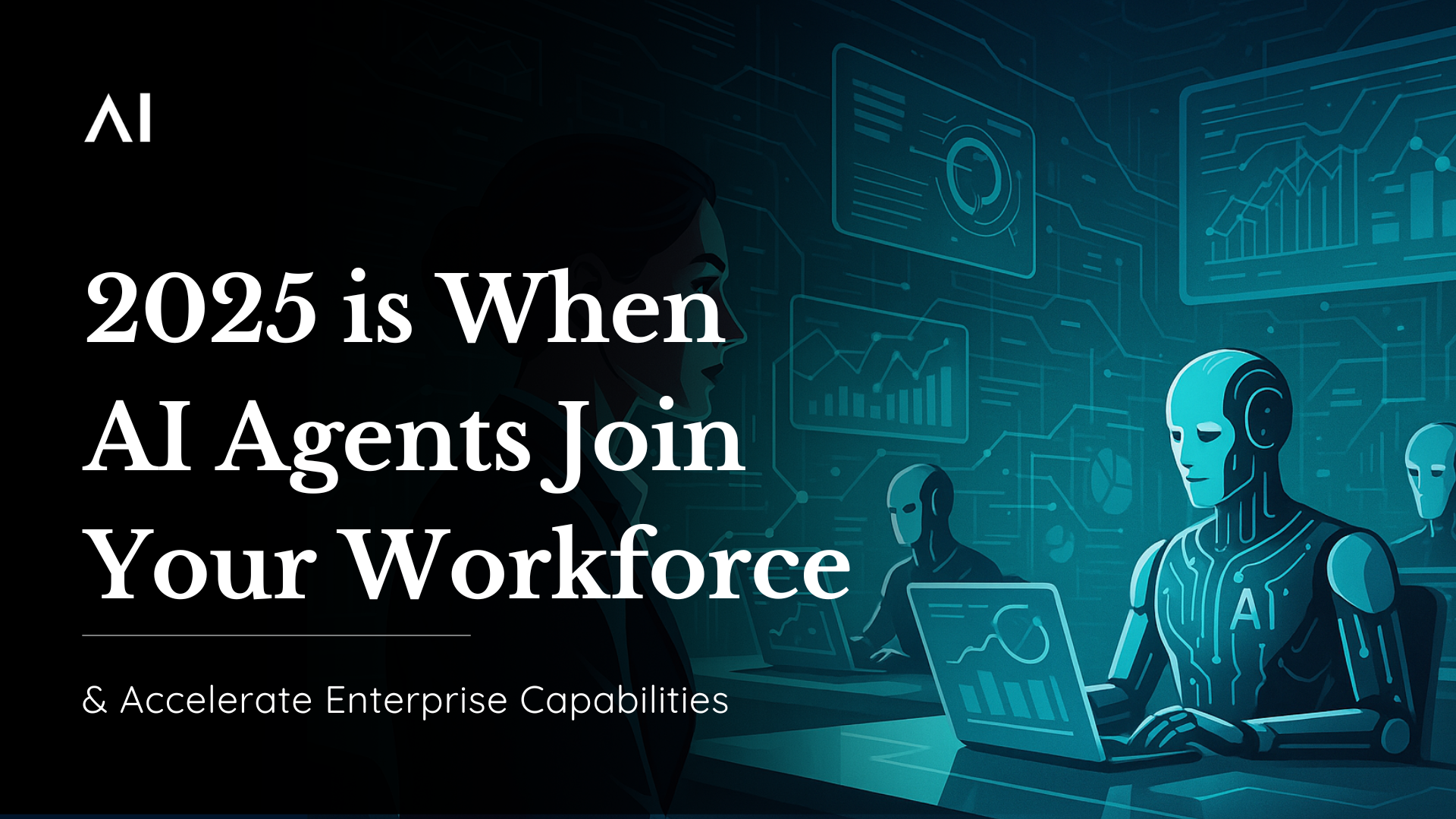
The Five-Phase Implementation Framework
Assessment & Planning
Conduct comprehensive analysis of current workflows, identify automation opportunities, and define success metrics. This phase should involve stakeholders from all affected departments.
Pilot Development
Start with low-risk, high-value use cases to demonstrate AI agent capabilities and build organizational confidence. Focus on processes that are repetitive and well-documented.
Training & Change Management
Invest heavily in employee training and support. McKinsey research shows that 48% of employees want formal AI training, yet many organizations under-invest in this critical area.
Scaled Deployment
Gradually expand AI agent implementation across departments, leveraging lessons learned from pilot projects. Maintain strong governance and monitoring throughout this phase.
Continuous Evolution
Establish ongoing improvement processes to adapt AI agents as technology advances and business needs evolve. This includes regular capability assessments and strategy updates.
Overcoming Implementation Challenges: A Practical Guide
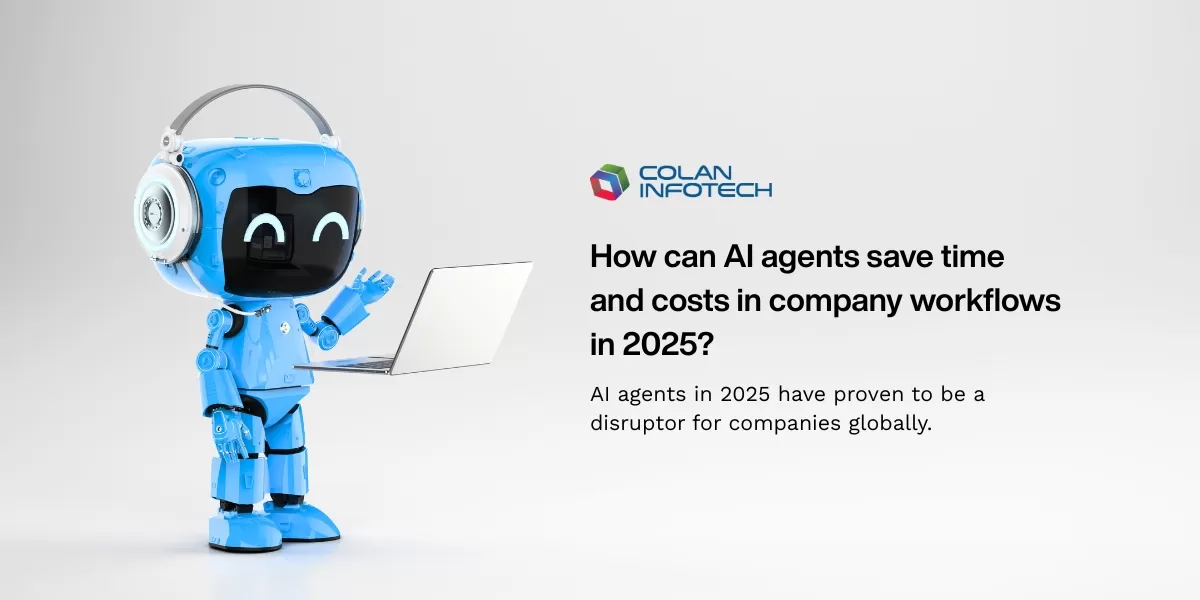
While AI agents offer tremendous potential, organizations face several common challenges during implementation. Understanding these obstacles and their solutions is crucial for successful deployment and long-term success.
Security and Privacy Concerns
The Challenge:
51% of employees cite cybersecurity risks as their top concern with AI implementation, followed by accuracy issues (50%) and privacy concerns (43%). These fears can significantly slow adoption and limit AI agent effectiveness.
Solutions:
- • Implement robust data encryption and access controls
- • Establish clear AI governance frameworks
- • Regular security audits and compliance monitoring
- • Employee training on AI security best practices
- • Transparent communication about data usage
Trust Building Strategy:
Research shows employees trust their own employers (71%) more than large tech companies (61%) to deploy AI responsibly. Leverage this trust by being transparent about AI implementation and maintaining open communication channels.
Employee Resistance and Skills Gap
The Challenge:
47% of C-suite leaders cite talent skill gaps as a key reason for slow AI development. Additionally, 22% of employees report receiving minimal to no support for AI capability building.
Solutions:
- • Comprehensive AI literacy training programs
- • Leverage millennials (35-44) as AI champions
- • Provide hands-on experience through pilot programs
- • Create clear career advancement paths
- • Regular feedback and support sessions
Millennial Advantage:
62% of millennials aged 35-44 report high AI expertise compared to just 22% of baby boomers. Position these experienced professionals as internal AI advocates and mentors.
Balancing Speed and Safety
The Challenge:
47% of C-suite leaders believe their AI development is too slow, yet rushing implementation can lead to safety issues, compliance violations, and employee resistance.
Solutions:
- • Implement agile development methodologies
- • Use third-party benchmarking for validation
- • Establish clear risk assessment protocols
- • Create rapid iteration cycles with safety checkpoints
- • Maintain transparent stakeholder communication
Benchmarking Insight:
Only 39% of C-suite leaders use benchmarks to evaluate AI systems, and just 17% focus on ethical metrics. Implementing comprehensive benchmarking can accelerate safe deployment.
Measuring ROI and Proving Value
The Challenge:
While 92% of executives plan to increase AI investments, only 1% consider their organizations "mature" in AI deployment, indicating significant gaps between investment and realized value.
Solutions:
- • Define clear, measurable success metrics
- • Start with high-impact, low-risk use cases
- • Regular performance reviews and adjustments
- • Document and communicate success stories
- • Align AI initiatives with business objectives
Value Realization:
Organizations focusing on practical applications that empower employees in daily jobs see faster ROI and can create competitive advantages through measurable productivity gains.
The Future of AI Agents: What's Coming Next
The AI agent landscape is evolving rapidly, with new capabilities and applications emerging regularly. As we look toward the remainder of 2025 and beyond, several key trends will shape how these autonomous systems transform business operations.
"Just like Windows 95 revolutionized what the PC really meant, I think this year the AI agent will become a staple of what we use. It will be so convenient and sleek that we won't even notice how it changes our workflow—it'll just be there, like an iPhone in our pockets."

Emerging Trends and Capabilities
Advanced Reasoning
AI agents will develop more sophisticated reasoning capabilities, enabling them to handle complex, multi-variable problems that currently require human expertise.
Multi-Agent Collaboration
Teams of specialized AI agents will work together, each handling specific aspects of complex business processes while coordinating seamlessly.
Industry Specialization
Sector-specific AI agents will emerge, trained on industry-specific data and workflows, providing deeper expertise in specialized domains.
Long-Term Impact Predictions
2025-2026: Foundation Building
Organizations will focus on establishing robust AI agent infrastructures, developing internal expertise, and creating governance frameworks. Early adopters will gain significant competitive advantages.
2027-2028: Widespread Adoption
AI agents will become standard business tools across industries. Integration with existing business systems will be seamless, and organizations will see significant productivity gains and cost reductions.
2029-2030: Advanced Intelligence
AI agents will demonstrate near-human level reasoning in specialized domains, leading to breakthrough innovations in business processes, product development, and strategic planning.
Preparing for the Future
Organizations that want to thrive in this AI-driven future should focus on building adaptive cultures, investing in continuous learning, and maintaining human-centric approaches to technology implementation.
- • Develop AI literacy across all organizational levels
- • Create flexible technology architectures
- • Foster innovation and experimentation cultures
- • Maintain focus on human-AI collaboration
Real-World Success Stories: AI Agents Across Industries
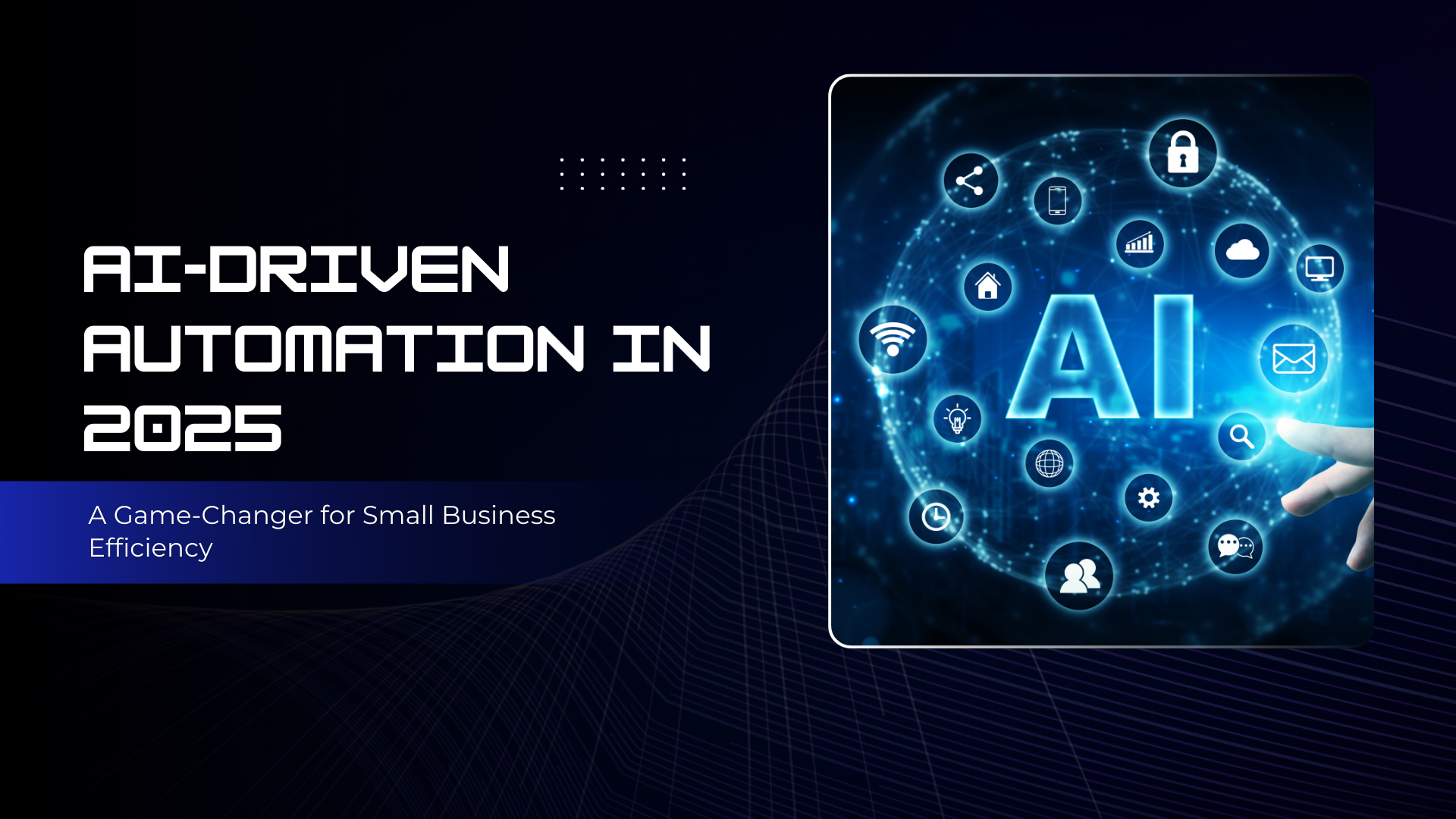
Leading organizations across various industries are already reaping the benefits of AI agent implementation. These real-world examples demonstrate the practical value and transformative potential of autonomous AI systems in different business contexts.
Healthcare: Revolutionizing Patient Care
Mayo Clinic's AI Agent Implementation
Mayo Clinic deployed AI agents to handle patient scheduling, symptom assessment, and follow-up care coordination. The system now manages over 50,000 patient interactions monthly while maintaining high satisfaction scores.
- • 40% reduction in appointment scheduling time
- • 25% improvement in patient satisfaction
- • 60% faster response to routine inquiries
Key Applications
- • Automated patient intake and triage
- • Medical record analysis and summarization
- • Treatment plan coordination
- • Medication management and reminders
- • Insurance pre-authorization processing
Financial Services: Enhancing Customer Experience
JPMorgan Chase's COIN Platform
JPMorgan's Contract Intelligence (COIN) AI agent analyzes legal documents and commercial loan agreements, completing in seconds what previously took lawyers thousands of hours annually.
- • 360,000 hours of lawyer time saved annually
- • 99.5% accuracy in document analysis
- • $150M+ in operational cost savings
Financial AI Agent Applications
- • Fraud detection and prevention
- • Credit risk assessment
- • Regulatory compliance monitoring
- • Investment portfolio management
- • Customer service automation
Retail: Personalizing Customer Experiences
Amazon's AI-Powered Operations
Amazon employs thousands of AI agents across its operations, from inventory management to customer service. These agents process millions of transactions and customer interactions daily.
- • 30% improvement in inventory turnover
- • 50% reduction in customer service response time
- • 20% increase in personalization accuracy
Retail AI Agent Use Cases
- • Dynamic pricing optimization
- • Inventory forecasting and management
- • Personalized product recommendations
- • Supply chain optimization
- • Customer behavior analysis
Manufacturing: Optimizing Production
General Electric's Predix Platform
GE's AI agents monitor industrial equipment across global operations, predicting maintenance needs and optimizing performance in real-time to prevent costly downtime.
- • 20% reduction in unplanned downtime
- • 15% improvement in equipment efficiency
- • $1B+ in operational savings
Manufacturing Applications
- • Predictive maintenance scheduling
- • Quality control automation
- • Production line optimization
- • Energy consumption management
- • Supply chain coordination
Cross-Industry Success Patterns
Most successful implementations focus on automating repetitive, rule-based processes first
AI agents work best when designed to enhance human capabilities rather than replace them
Organizations that invest in ongoing optimization see the greatest long-term value
Frequently Asked Questions About AI Agents in the Workplace
AI tools typically require constant human input and guidance, providing responses to specific prompts or questions. AI agents, on the other hand, are autonomous systems that can plan, reason, and execute complex multi-step processes with minimal human intervention. They can set goals, make decisions, and adapt their approach based on changing circumstances and feedback.
Implementation timelines vary significantly based on complexity and scope. Simple AI agent deployments can be operational within 2-3 months, while comprehensive enterprise implementations typically take 6-12 months. The key is starting with pilot projects to demonstrate value before scaling across the organization.
While AI agents will automate certain tasks, the most successful implementations focus on augmentation rather than replacement. They handle repetitive, time-consuming tasks, allowing humans to focus on creative, strategic, and relationship-based work. Research shows that employees expect AI to impact about 30% of their work, but this typically means task transformation rather than job elimination.
The primary security concerns include data privacy, cybersecurity risks, and potential for AI-generated inaccuracies. However, these risks can be mitigated through robust governance frameworks, encryption, access controls, regular security audits, and comprehensive employee training. Organizations should also establish clear AI usage policies and monitoring systems.
Successful organizations typically allocate 15-20% of their AI implementation budget to employee training and change management. This investment should cover AI literacy, hands-on tool training, new workflow processes, and ongoing support. McKinsey research shows that 48% of employees want formal AI training, making this a critical success factor.
Customer service, HR, finance, and sales departments typically see the fastest ROI from AI agents. These areas involve many repetitive tasks, structured processes, and clear success metrics. However, every department can benefit from AI agents when implementation is tailored to specific workflows and challenges.
Small businesses should start with cloud-based AI agent platforms that require minimal technical infrastructure. Focus on one specific use case like customer service or appointment scheduling, choose user-friendly solutions, and gradually expand as you gain experience and see results. Many platforms offer scalable pricing that makes AI agents accessible to businesses of all sizes.
Ready to Transform Your Business with AI Agents?
The AI agent revolution is not a distant future—it's happening now. Organizations that act decisively today will establish competitive advantages that compound over time, while those who wait risk falling behind in an increasingly AI-driven marketplace.
Start Strategic
Begin with high-impact, low-risk use cases to demonstrate value and build organizational confidence
Invest in People
Comprehensive training and change management are crucial for successful AI agent adoption
Scale Thoughtfully
Build on pilot successes with careful planning, governance, and continuous optimization
Key Takeaways for Business Leaders
- AI agents offer $4.4 trillion in productivity potential
- Employee readiness exceeds leadership expectations
- Security concerns are manageable with proper frameworks
- Training investment is critical for success
- Multiple industries show proven ROI
- Early adoption creates competitive advantages
Take Action Today
Don't let your organization become uncompetitive tomorrow. The time to embrace AI agents is now, while the technology is mature enough to deliver value but early enough to establish market leadership.
